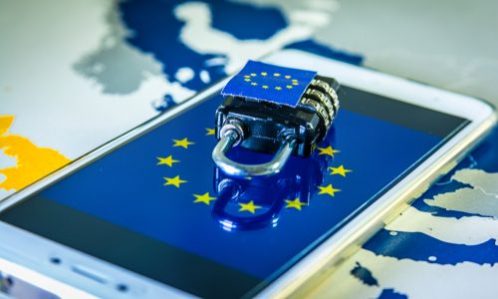By Bjorn Lundqvist (Stockholm University)
Powerful platforms that ‘hoard’ data in ecosystems, prevents the possibility to access or port data, or restrict interoperability may risk violating competition law. However, the general doctrine for triggering the refusal to supply abuse under Article 102 TFEU sets high thresholds. Moreover, competition law cannot be the basis for a general rights scheme, which is very well needed in the upcoming Internet of Things paradigm. Indeed, competition law does not suffice to overcome the anticompetitive effects of access to data is limited.
Perhaps, a sector specific competition regulation, e.g. an ex ante competition rules modelled after the proposal for a Digital Market Act could be the solution. Such regulation could impose new form of violations and stipulate ex ante rules applicable to platforms. Yet, also with such a sector-specific regulation, the system risks be a piece meal, not adapted to the up-coming IoT era, and without a fundamental basis in a rights system available erga omnes for private parties. Indeed, it would provide some competition in reference to several sort of market failures created by platforms, yet it is not fit as a system for regulating the digital industry.

